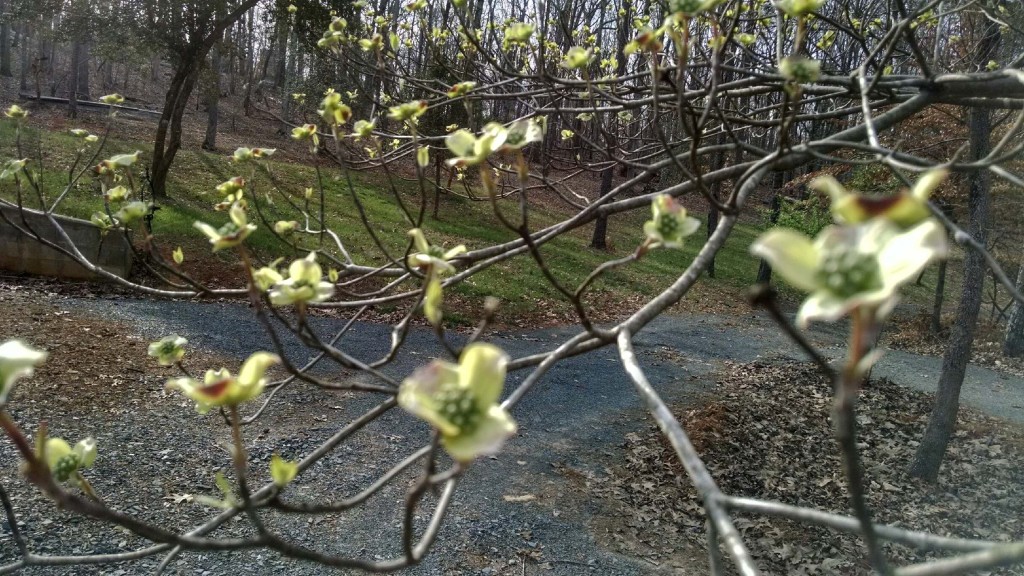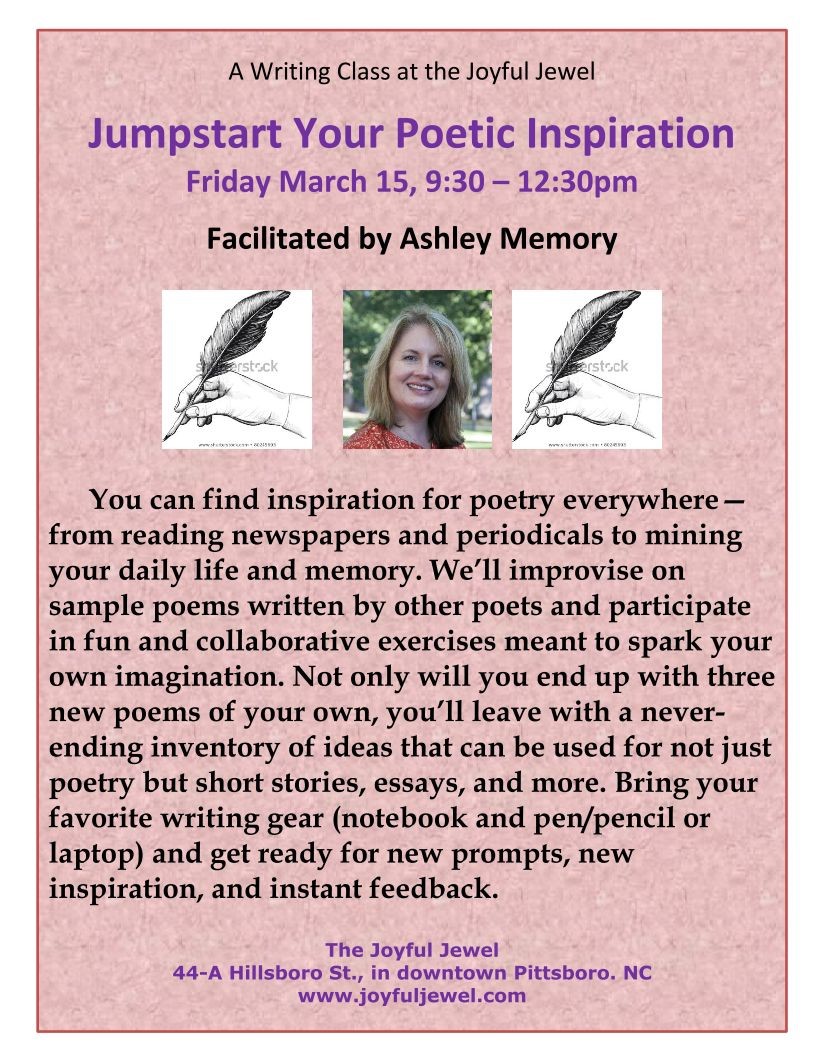
Writers, I hope that you’re as inspired by spring as I am! For April, I was honored to write the newsletter introduction for the acclaimed Women on Writing community. I’m reprinting it here below with a link to the complete edition at the end.
While we never had more than snow flurries where I live, it’s been a long winter—wet, gray, and cold. So last week when I brushed away the dead leaves from my hydrangeas, I was thrilled to see new shoots emerging from the roots.
And since we’ve had a warm spring so far, my strawberry plants and roses have also sprouted new leaves. Hallelujah! It made me wonder—what writing inspiration longs to spring up from my dormant imagination?
With my knees in the dirt, prepping flower, berry, and vegetable beds for another busy year of gardening, I couldn’t help observing even more parallels to writing. Just for you, I’ve compiled a special list of chores to stimulate your own writing “buds” for a productive literary “spring” of your own. But no worries, very little physical labor is required. These are fun chores.
Rake. Clear away the winter detritus and make way for sunshine! If your desk is covered by a blanket of odds and ends—old sticky notes, tattered magazine clippings and unopened junk mail—it’s time to rake them to the recycle bin. Or maybe the files on your laptop need a little organization—consolidation, deletion, or migration to a thumb drive. Whether it’s your physical or virtual space, leave plenty of room for fresh new files to sprout and grow.
Sow. Now the real fun begins! You’ve cleaned your literary “garden” and you’re ready to “sow” your own seeds of inspiration. Look out the window and observe the natural world. Or better yet, stroll outside. Take a few moments to describe the swelling leaf buds of the trees. Sniff the nascent flowers of fruit blossoms such as peach or plum. Observe the acrobatic feats of the squirrels. Record these impressions as you make them and be sure to note any themes that come to mind—such as rebirth, recovery, new beginnings. Ask yourself how these ideas might influence your own writing—the motivations of yourself (nonfiction) or your characters (fiction).
Fertilize. I look forward to many new blooms this year from my favorite roses, both old and new, such as “Summer Romance,’ “Scepter’d Isle,” and “The Poet’s Wife.” But unless I deliver a healthy dose of food, such as aged cow manure and alfalfa, they’ll be late to flower and they may never truly flourish. The same goes for writers. Are you as healthy as you can be? I’ll admit to indulging in some major comfort food during the winter doldrums, but now it’s time to fortify myself with healthier fare. More greens, less sugar, and more fiber. And in order to energize myself for writing, I need to get more rest. Take some time to set (or recommit to) habits that strengthen your mind and body.
Water. For the first time, I’m planting perennials such as chives, verbena, and armeria. These tender plants will require regular watering to establish firm roots and truly thrive. Humans, like plants, require the most basic element of all to exist—good ole H20. Are you properly hydrated? Last year, I didn’t drink enough water and the brisk winds and sun exposure dehydrated me, leading to a nasty eye infection and the inability to write for two weeks. I’m not letting that happen again! It should go without saying, but since I’m the worst offender, I’ll say it again. While writing, whether you’re thirsty or not, do yourself a favor and keep a tumbler of water nearby and sip frequently.
Nurture. This year I’ve planted more roses than I should, but as you can probably tell, I’m more than a little obsessed with them. Tending these notoriously difficult bushes, which are subject to a host of diseases in the South, will be challenging, but I remind myself that nothing of value comes easy. In terms of writing, I must keep the commitments I make to myself, whether it’s to finish that poem, start that essay, or meet the deadline to write that blog entry! In other words, keep the faith. Believe in yourself. Don’t let the demands of the external world interfere with your writing.
Share. Last year, I was blessed with so many strawberries that I frequently invited my friends over to pick all the fruit they wanted. Later, I divided the plants, potted them, and shared them with my fellow gardeners. Giving away the bounty of nature made me so happy. This act reminds me of the importance of submission. Nurture the world with your writing and send it out for others to savor. In a similar spirit, comment on the writing of others and encourage them in their work. Just like my strawberries, I promise that the rewards will only continue to multiply!
Repeat. Now that you’ve raked, sowed, fertilized, watered, nurtured and shared, it’s time to repeat all of the above! The first frost is months away, so make the most of the spring (and summer) to cultivate your own “literary” garden. I predict that you’ll enjoy “blooms” for not just months, but for many years to come.
For more writing advice, along with a “wheelbarrow” full of submission markets, check out the complete April 2024 WOW newsletter.





 nondescript bird in terms of appearance, but with a song as ethereal as the nightingale.
nondescript bird in terms of appearance, but with a song as ethereal as the nightingale.  Springtime along Whale Tail Road in southwestern Randolph County brings abundant joys but I’m on the fence when it comes to the plethora of wild blackberries. They have more “volunteers” than any other plant and seem to pop up in the most unlikely places–even in the gravel!
Springtime along Whale Tail Road in southwestern Randolph County brings abundant joys but I’m on the fence when it comes to the plethora of wild blackberries. They have more “volunteers” than any other plant and seem to pop up in the most unlikely places–even in the gravel!